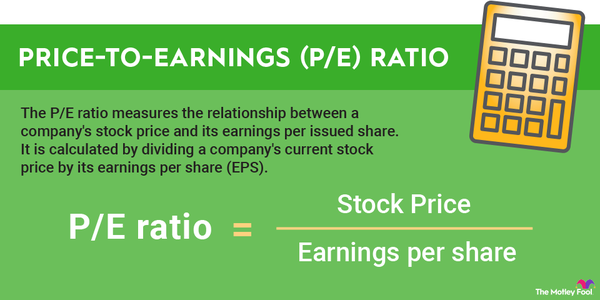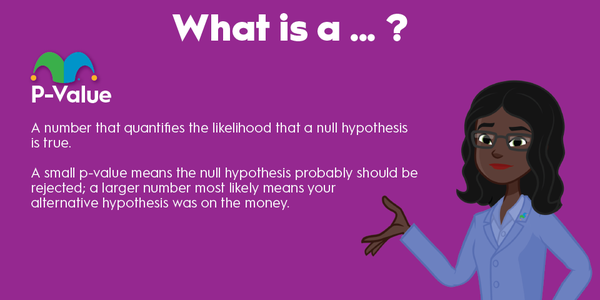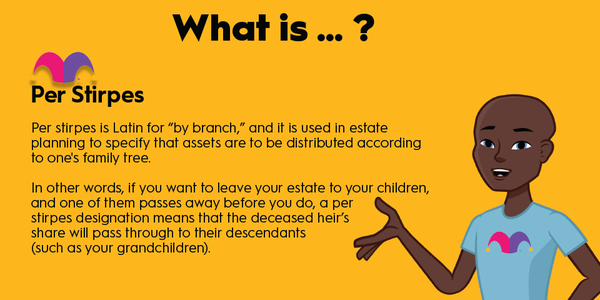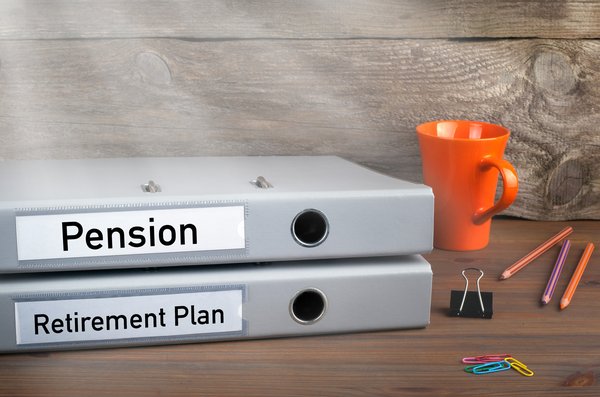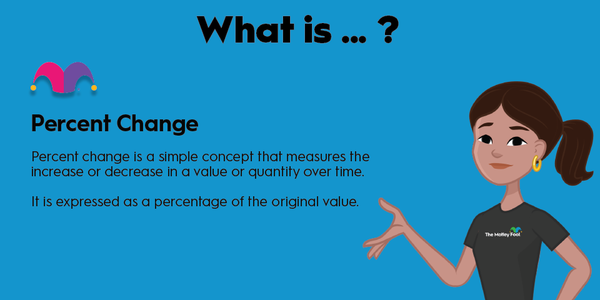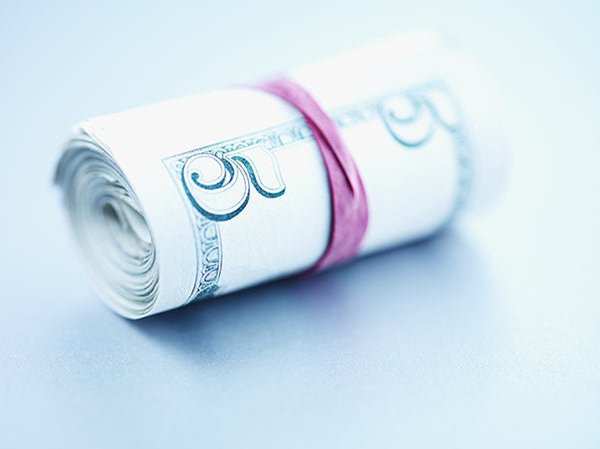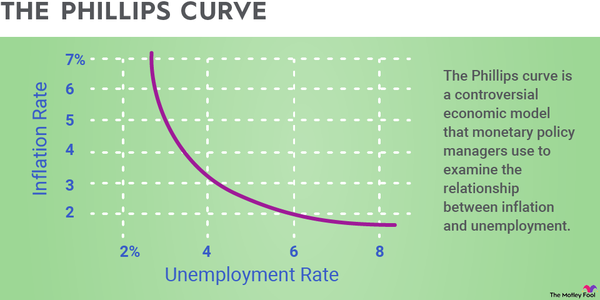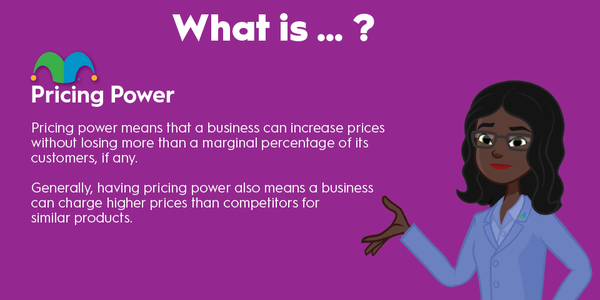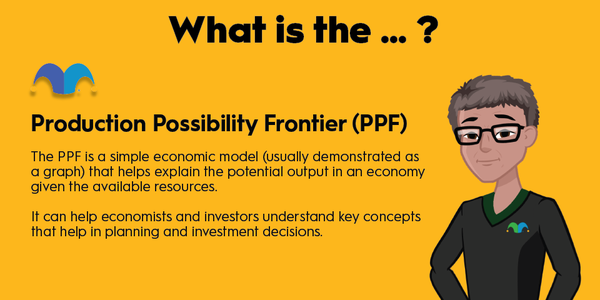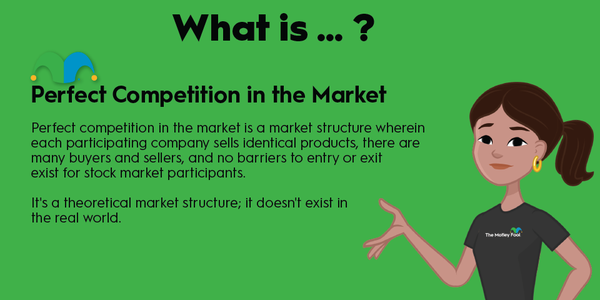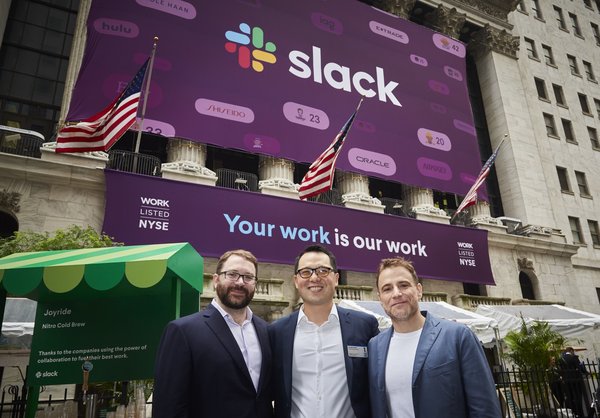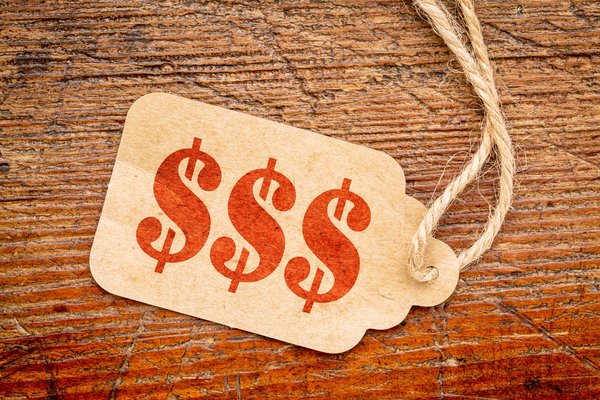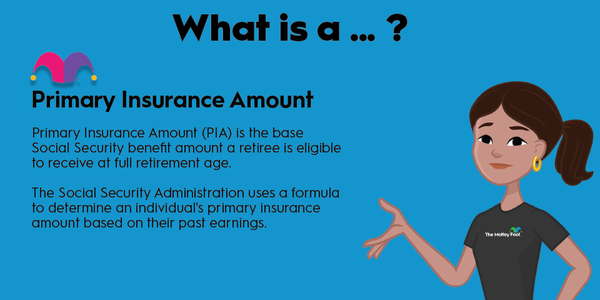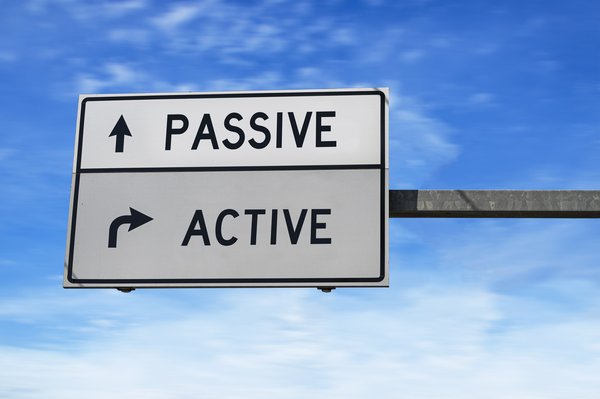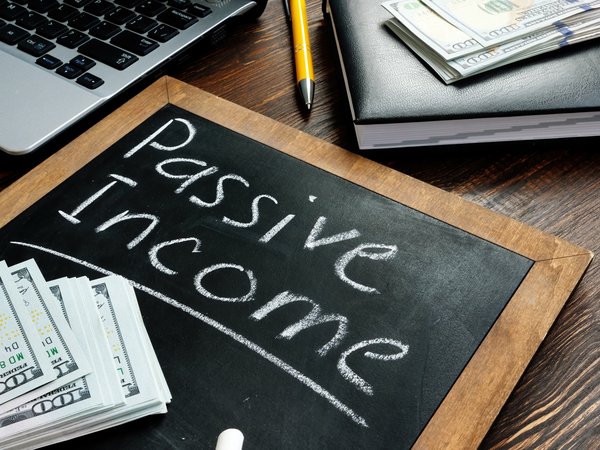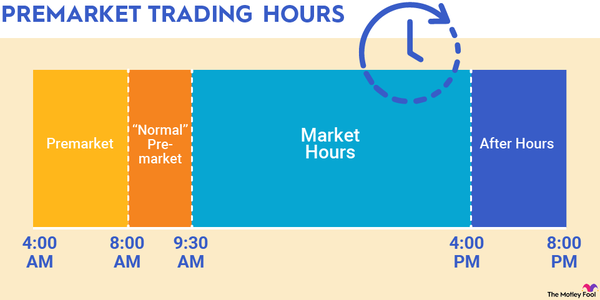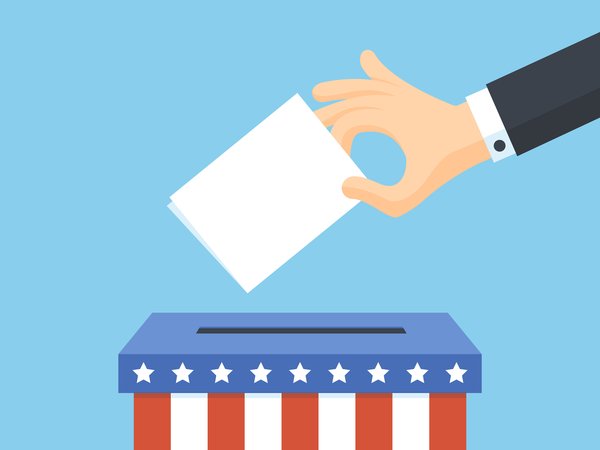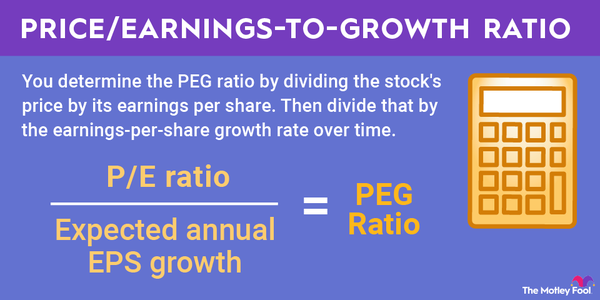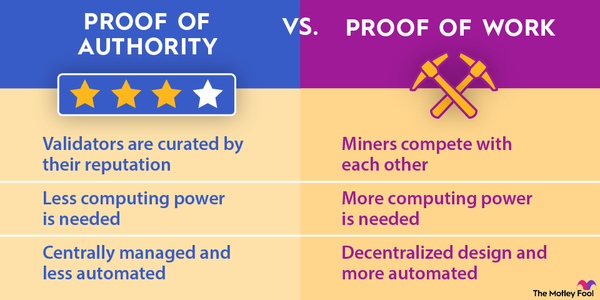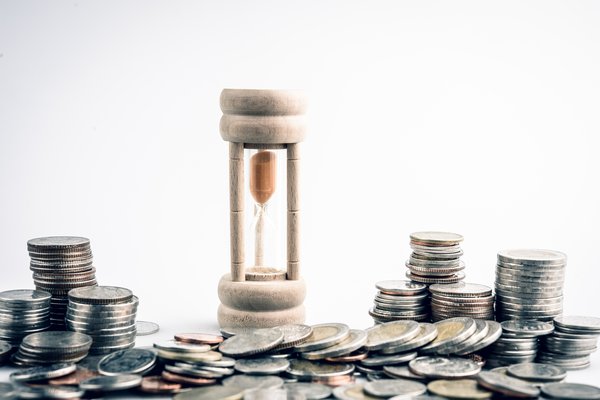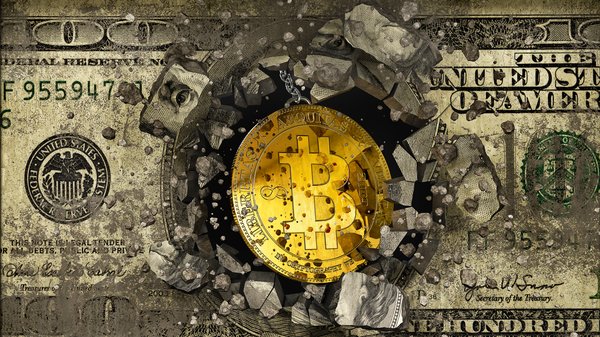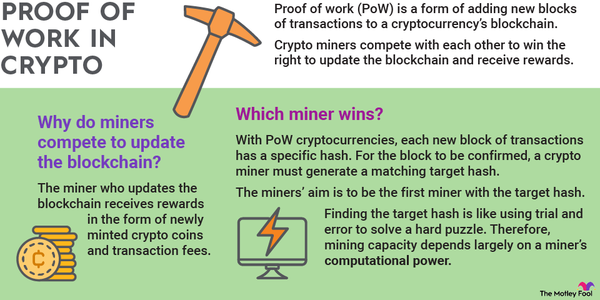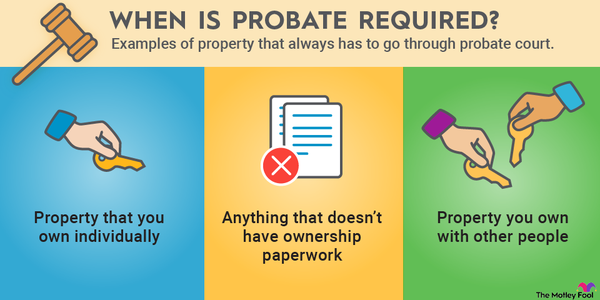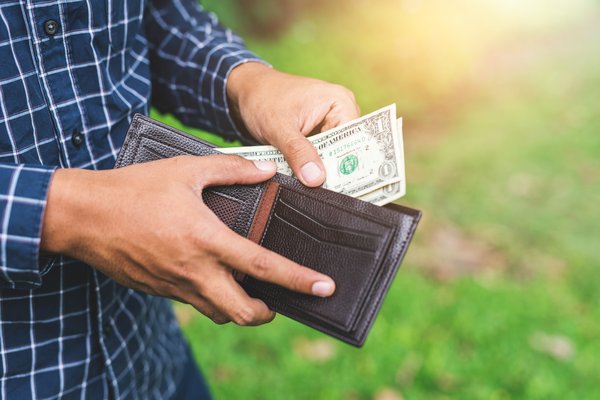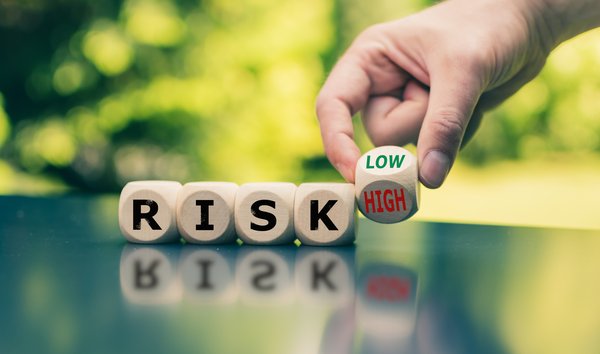Chaos agent/billionaire Elon Musk offered $54.20 per share ($43 billion) to acquire Twitter (NYSE:TWTR) in 2022, and the company quickly responded by adopting a shareholder rights plan -- more commonly known as a "poison pill" -- to resist the offer.
The poison pill plan was intended to give shareholders the ability to buy discounted shares if Musk or anyone else tried to buy more than 15% of the company. The additional shares would have diluted Musk's ownership, and was expected to either successfully deflect Musk's takeover attempt -- or make it far costlier.
What is a poison pill? And what should you do if one of the companies in which you own stock adopts one?

What is a poison pill?
What is a poison pill?
A poison pill is a corporate defense strategy against hostile takeover attempts. The name is derived from the poison pills that Cold War-era spies kept to commit suicide if caught.
The name has an obvious negative connotation and for good reason. The influx of new shares in the market not only dilutes those of the party attempting to take over the company but other shareholders as well. Many investors believe the tactic is usually harmful to shareholder value and serves only to keep poor management teams in place.
In the case of Elon Musk's investment in Twitter, the board of directors is trying to limit the effect of dilution on existing shareholders by giving them the right to buy the shares at a discount. For non-Musk shareholders, it would be an opportunity to keep the same ownership position in the company. Of course, that would exclude shareholders who do not choose to buy more shares because they don't like the company's current valuation or for other reasons.
Defenders of the poison pill argue that it forces hostile takeover artists to negotiate with the board and may also give the board time to seek additional buyers who may end up offering more for the company.
How do poison pills work?
How do poison pills work?
The original poison pill, utilized in the 1980s, involved a company issuing new shares into the market for every share that the takeover buyer purchased. Let's say a company has 1 billion shares outstanding and corporate raider Incorporaider attempts a hostile takeover, starting with a purchase of 9% of the company's shares.
Outstanding Shares
The company could adopt a shareholder rights plan that issues new shares anytime an outside buyer purchases more than 10% of the company without board permission. If Incorporaider purchased another 60 million shares, attempting to bring its position to 15% ownership, the company would flood the market with new shares to bring the raider's ownership percentage back down.
This has the effect of reducing the per-share value of the company. Before the poison pill went into effect, the company's earnings were spread over 1 billion shares. Each additional share that is issued spreads those earnings thinner. Eventually, the company just isn't an attractive acquisition target.
Remember that while the tactic can be very effective at resisting hostile takeover bids, it is also bad for existing shareholders. As the shares are diluted to make the company less attractive for a corporate raider, they also become less attractive to existing shareholders and the market.
The type of poison pill that Twitter adopted, where existing shareholders beside Musk will have the option to buy discounted shares, is called a flip-in poison pill and is the most common type of poison pill used today.
Poison pill examples
Poison pill examples
The first example of an effective poison pill occurred in the 1980s when General Oil flooded the market with shares to avoid a hostile takeover by T. Boone Pickens. The Delaware Supreme Court ruled that the tactic was legal in 1985.
In 2012, popular growth investment Netflix (NFLX -0.63%) adopted the plan when corporate raider and shareholder activist Carl Icahn took a 9.98% position in the company.
Icahn said he felt Netflix was ripe for an acquisition from one of the tech giants and initially invested around $320 million. He cut it in half in 2013 and eventually cashed out in 2015 with a $1.9 billion gain. Luckily for Icahn and other shareholders, the poison pill never had to be activated, and the market eventually discovered Netflix's true value.
A more recent poison pill defense occurred in 2018 when Papa John's International (PZZA 0.3%) utilized one to stop founder John Schnatter from taking over the company. Schnatter, who was ousted after reportedly using a racial slur on a company conference call, owned 30% of the company.
Papa John's planned to distribute rights to every other shareholder so that if Schnatter increased his stake to more than 30%, or any other shareholder attempted to purchase a stake of more than 15% of the company, the other shareholders could buy additional shares. The plan would effectively double the price for Schnatter to take control of the company.
Is there an antidote to the poison pill?
Is there an antidote to the poison pill?
It's worth noting that in each of the examples above, the company was successful at fending off the takeover. In the Netflix and Papa John's cases, shares were not diluted. In fact, Netflix shareholders have been rewarded with a return somewhere around 3,500% over the past 10 years -- likely far more than if a tech giant had purchased the company at a premium in 2012.
That said, if one of the companies in which you're invested threatens to, or actually does, invoke a poison pill provision, it's time to reevaluate. Poison pills can end up being successful. At best, however, they remove the decision to accept a takeover from the shareholders. At worst, they dilute the value of the company so much that it may no longer be a good investment.

